news
FG to DisCos: You have failed, your days numbered
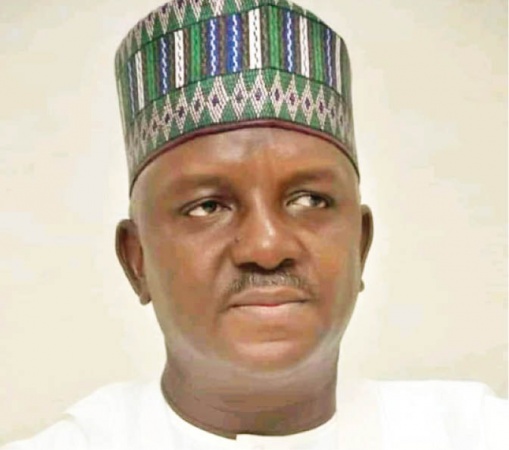

•Power Minister Mamman
The Federal Government, on Wednesday, declared that Distribution Companies (DisCos) have failed in distributing power across the country.
This is even as it has declared it will no longer subside the DisCos noting that despite doling out about N1.7 trillion to the companies in three years, they were only able to distribute 3,000mw out of about 10,000mw generated.
The Minister of Power, Saleh Mamman, made this closure at the end of the Federal Executive Council (FEC) meeting presided over by President Muhammadu Buhari.
Mamman who briefed alongside his colleagues from Ministries of Information and Culture, Water Resources, Industry Trade and Investment explained that while the DisCos were collecting the 3,000mw, they were only paying for 1,000mw.
The minister said the DisCos must show that they have the capacity to distribute power to Nigerians or surrender for more competent companies to be engaged.
Mamman said the government cannot continue to subside the companies without commensurate result.
The minister further disclosed that he presented the report before the council to decide immediately.
Recall that the governor of Kaduna State, Nasir el-Rufai, at the end of last month’s National Economic Council meeting disclosed that the Federal Government has spent N1.7 trillion on electricity in the last three years.
The governor who is the head of the ad-hoc committee on power had said: “What we have agreed on is that there are fundamental problems in the electronic supply industry, and that you cannot privatise an industry and then over three years since privatisation, you pump in N1.7 trillion of government into it. That is not privatisation.
“The Federal Government has supported the electricity sector with N1.7 trillion in the last three years and this is not sustainable. So, solutions must be found. Those solutions are not going to be nice. They may be painful, but the only way to solve the structural problems in the industry is to take some very difficult decisions.”
Giving details of what transpired at the council meeting, Mamman said: “We presented achievements right from the day we took the oath of office to date.
“We want to tell Nigerians what we achieved in the value chains. Nigeria can generate up to 13,000 megawatts of electricity but we cannot transmit all. So today, we presented to the council the solution to the problem of our generation. It is mainly distribution.
“We can transmit, we can generate 13,000 megawatts, we transmit 7,000 megawatts but can only distribute 3,000. There is a lot of work to be done in transmission companies and the government is now willing to take up the matter immediately.”
Asked what exactly the council has revolved to do, the minister said: “What I want to say is that most of the problem we are facing in this country that we cannot get electricity supplied adequately and efficiently is because we have a problem in distribution.
“Generation, no more problem. We can generate up to 13,006 megawatts but the transmission, those who are taking the electricity supply can only take 7,000 megawatts, even at that they are not taking the whole 7,000 megawatts but only 4,500 megawatts and then send to distribution, the distribution, in turn, receives only 3,000 megawatts. Because of the technical and commercial reasons, they cannot contain the whole power that has been generated.
“So, we have to correct the infrastructure. That is why I said that today, I submitted my observation to council and I believe the government is on it.
“One of the things I will tell you is that government has signed a memorandum of understanding with the German company, Siemen. They are to align between distribution and transmission and also generation.
“So that at the end of the day if we generate 13,000 megawatts, transmission will take the whole 13,000 and will distribute the same, that way Nigerians will be happy and everyone will have 24/7 electricity supply.”
On what will become of the DisCos, Mamman said: “The DisCos are the ones manning the distribution, that is why I have submitted my observations to the government; it is left for the government to decide.
“We just have to sit and see whether they are capable of – if they have the technical know-how because most of the problems we are having today are technical loss and commercial loss.
“They will give you power and may not collect your money or they will collect the money and pocket it, or they may send power and you may not have good sub-station that may collect this power and distribute it to customers. This has been our major problem and it is the responsibility of the DisCos to take care of that end.”
On what will now happen to the several financial interventions the government has made, Mamman said: “That is what we are saying, the government cannot continue subsiding because what they doing is that they collect 3,000 megawatts and pay for only 1,000 megawatts, that is 15 percent of what they are collecting; so government is the one completing the payment.
“So we cannot continue like that. So if they are ready to continue, fine but if they are not ready to continue maybe they should give way to whoever that is ready to come and invest. So, we are asking government to review and see if they are capable. Fine, but if they are not capable they should give way.”
On how the government will address the debts between DisCos and GenCos, between GenCos and gas producers, he said: “Well, we have come up with a plan, that issue of willing buyer, willing seller. You know there is the ardent capacity of generating electricity that we cannot pick at all.
“So we are now asking the GenCos…you can imagine we are only paying them 15 percent out of 100 so where do we take the remaining 85 percent? Even if Embet is collecting 100 percent, gas alone is taking 60 percent, only 15 percent is used for their overheads.
“So if they cannot week outside the agreement with the Embet you can see how they are struggling to get their money back. Embet buys electricity from DisCos, supplies to GenCos and collect money from DisCos and pay the GenCos, that is why we have the gaps and that is why we have to do something to correct these gaps. It is now government’s decision.”
Meanwhile, the FEC meeting has approved additional N6.9billion for the completion of the Tada Shonga Irrigation Project.
The project is located in Shonga, Kwara State.
The Minister of Water Resources, Mr Suleiman Adamu explained that the additional approval brought the total project cost to N10.18 billion.
The minister explained that the project was first awarded in 2010 but was later abandoned due to a lack of funds.
He said the decision to do augmentation and variation on the project and complete was in line with the Buhari regime’s stance to complete viable projects previously awarded.
The minster stated that the variation increased the size of the project from 1,500 hectares to 2,300 hectares of irrigation.
He added: “For that purpose, we sought for the augmentation and variation in the sum of N6.9 billion, raising the project from the original sum of N3.26 billion to N10.18 billion, with the completion period of 36 months.”
news
Tinubu returns from Paris today, Says Onanuga
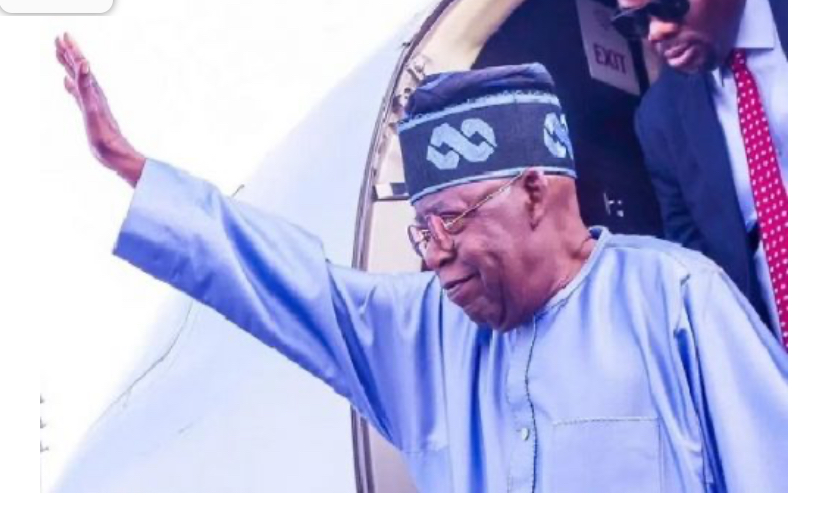
 President Bola Tinubu is set to return to Nigeria today after spending close to two weeks abroad, his Special Adviser on Information and Strategy, Bayo Onanuga, has confirmed.
President Bola Tinubu is set to return to Nigeria today after spending close to two weeks abroad, his Special Adviser on Information and Strategy, Bayo Onanuga, has confirmed.
Onanuga, in a brief post on X, wrote: “President Bola Ahmed Tinubu will return home today.”
The Presidency had earlier assured Nigerians that despite the President’s stay overseas, he remained fully engaged with national governance.
In a statement last Thursday, Onanuga explained: “The President left Paris for London at the weekend and has maintained constant communication with key government officials, overseeing critical national matters, including directives to security chiefs to address emerging threats in some parts of the country.”
He further emphasised that Tinubu’s absence was temporary and “in line with the communicated timeframe of approximately two weeks,” with his return scheduled for April 21, following the Easter holidays.
“The President’s commitment to his duties remains unwavering, and his administration continues to function effectively under his leadership.
“We appreciate the public’s concern and assure all Nigerians that governance proceeds without interruption,” the statement added.
Tinubu had departed for Paris on April 2, 2025, for what the Presidency described as a two-week working visit. According to Onanuga, the trip was intended to “appraise his administration’s mid-term performance and assess key milestones.”
news
Opeifa request for the state government to assist the Railway Police and Otti, thanks Tinubu for picking the best material to rewrite Nigeria Railway history

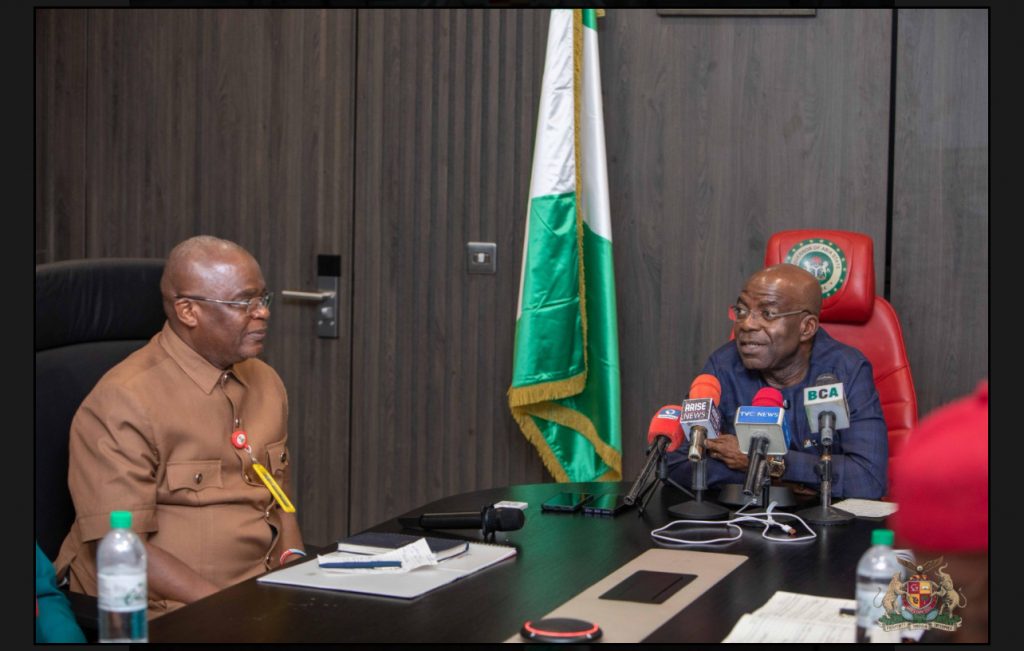 Gov. Otti describes Opeifa as a thorough-bred professional ready to rewrite Nigeria Railway history
Gov. Otti describes Opeifa as a thorough-bred professional ready to rewrite Nigeria Railway history
Lauds President Tinubu for picking the best material to reposition Nigeria’s oldest corporation
A deserving commendation came the way of the Managing Director of the Nigerian Railway Corporation, Dr Kayode Opeifa, as the Abia State Governor, His Excellency, Dr. Alex Otti, described him as an exceptional professional, most suitable to lead the Nigeria’s oldest surviving public corporation.
Governor Otti spoke on Wednesday, at the Government House in Abia State, during a business visit by the MD/CEO of the Nigerian Railway Corporation, as part of his familiarization tour of the Eastern District of the Corporation.
According to Governor Otti: “I have had so many engagements with past leaders of the Nigerian Railway Corporation, you are clearly different and knows the job”. He thanked President Bola Ahmed Tinubu for appointing Dr. Opeifa to lead the Nigerian Railway Corporation, expressing assurance at his ability to deliver.
He thanked the MD/CEO for promising to synergize with the Federal Ministry of Transportation, and the State Government to see that the transformation of the transportation system in Umuahia is achieved. According to the Governor, “Umuahia Bus terminal is progressing rapidly and we felt that it is important to replicate what we have in Paignton, United Kingdom in Umuahia, by linking the train station with the Terminal to enhance intermodal transportation services.
The Governor stated that he was very happy to see that the MD/CEO is committed to taking the track from Aba to Enugu and even beyond. He recalled, with nostalgia how the train had served the people of the state and regretted the downward trends of rain services across the entire South East.
On the MD/CEO’s request for the state government to assist the Railway Police in the state, Governor Otti promised that his government will provide mobility for Aba Railway Police.
He added that the state government is always ready to support the Federal Government institutions as users of such federal institutions are people of the state, adding that his administration cannot differentiate between federal and state government workers.
news
Airlin Advocacy Commissions Jos Office, Targets 7m Members By Next Elections,Says Mohammed Gamawa
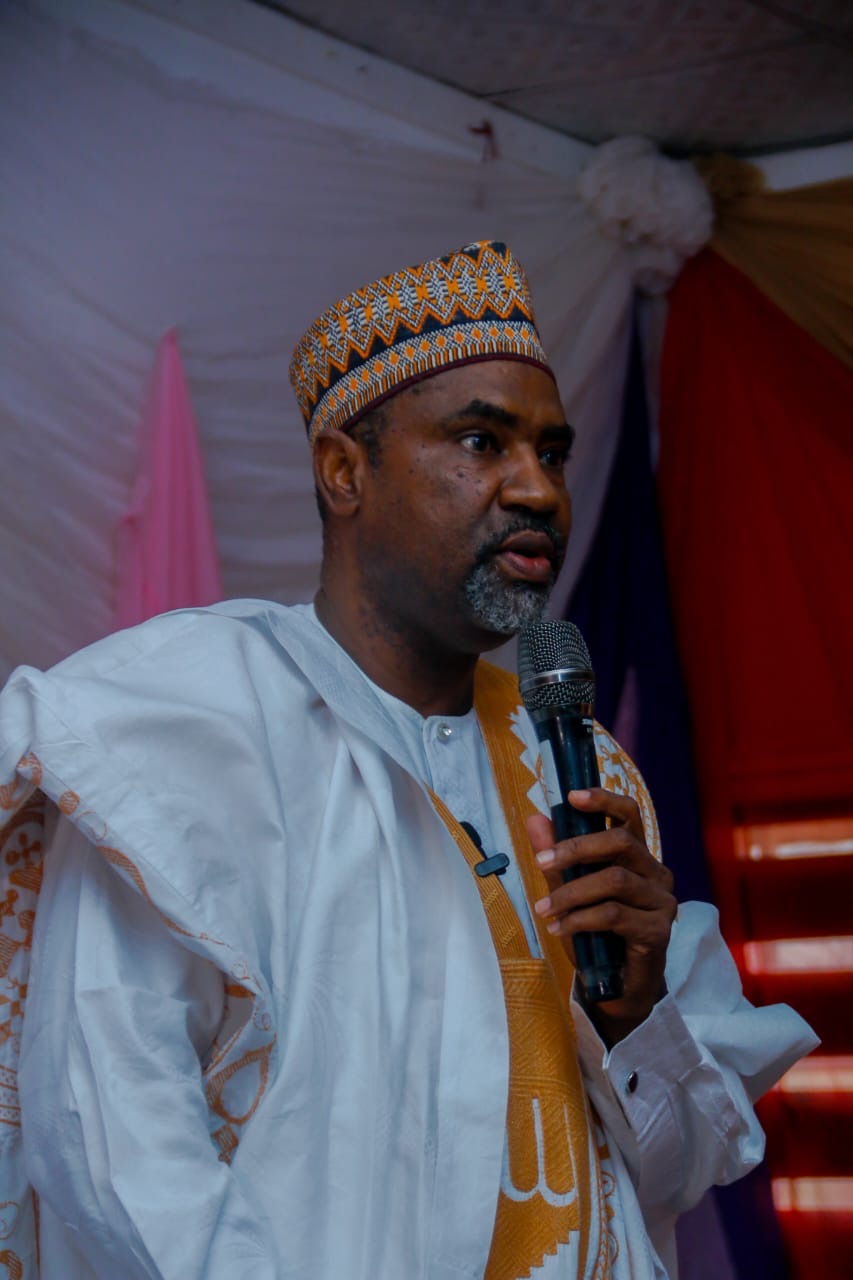
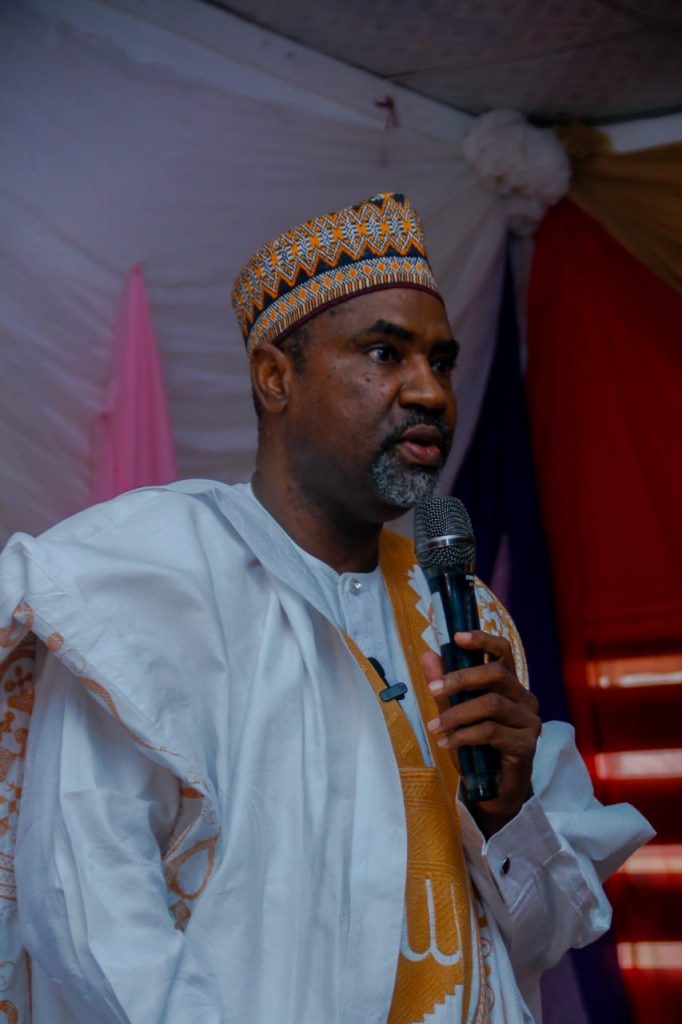 During the inauguration ceremony, the National Chairman of Airlin, Mohammed Gamawa, delivered a keynote address, emphasizing the organization’s commitment to educating Nigerians on their civic rights and responsibilities.
During the inauguration ceremony, the National Chairman of Airlin, Mohammed Gamawa, delivered a keynote address, emphasizing the organization’s commitment to educating Nigerians on their civic rights and responsibilities.
According to Gamawa, Airlin aims to bridge the gap between citizens and the principles of the rule of law by fostering a society where people understand not only their rights but also what is expected of them by the country.
“Our goal is to foster interaction among Nigerians, promote respect for the rule of law, and ensure citizens know their rights and civic responsibilities — such as voting to elect future leaders not based on materialism but based on integrity and competence,” Gamawa stated.
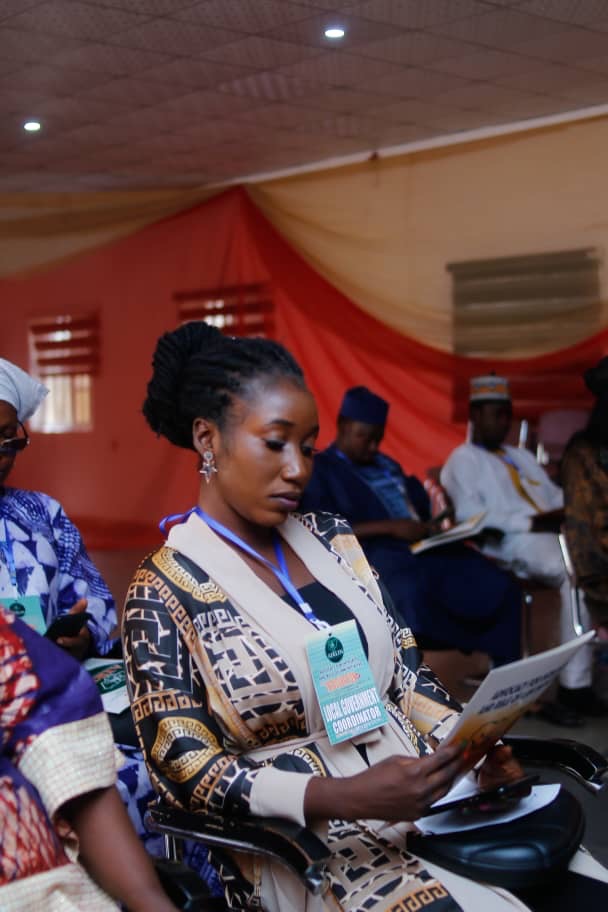
He added that understanding and exercising one’s franchise, especially during elections, must go hand in hand with being law-abiding and fully aware of civil responsibilities.
As part of its mission, Airlin is currently targeting 19 states in Northern Nigeria, with Jos becoming the 15th state to be commissioned.
The ceremony also featured the appointment of state and local government coordinators who will help drive the organization’s grassroots advocacy efforts.
With a current membership base of 2.1 million Nigerians aged 18 and above, Airlin projects a significant growth trajectory, aiming to reach 7 million members before the next general elections.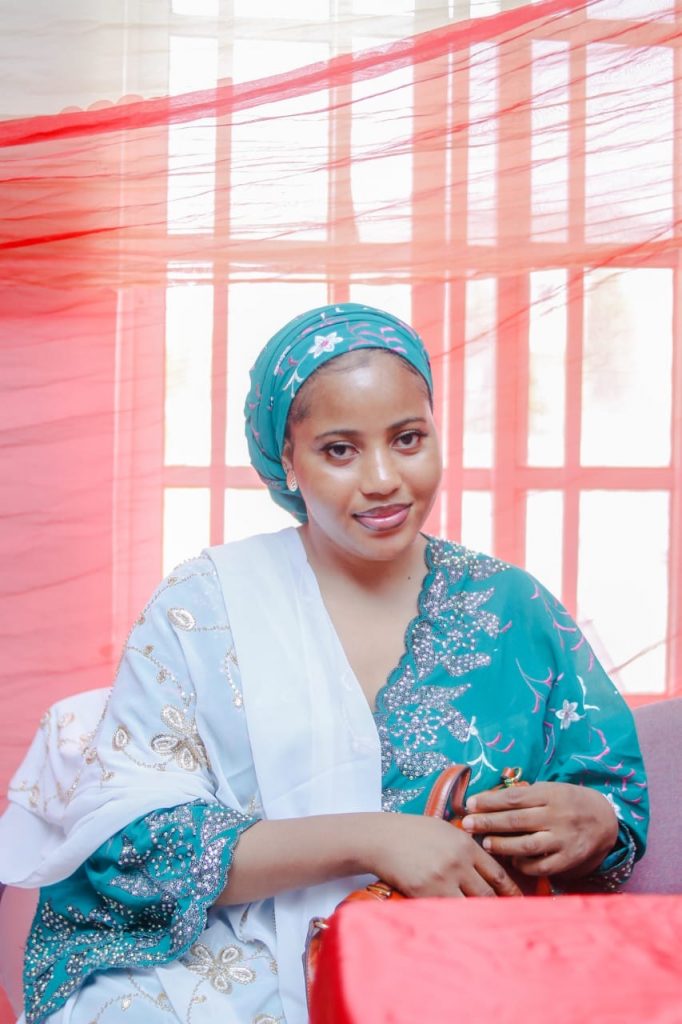
-

 news4 years ago
news4 years agoUPDATE: #ENDSARS: CCTV footage of Lekki shootings intact – Says Sanwo – Olu
-

 news1 year ago
news1 year agoEnvironmental Pollutions : OGONI COMMUNITY CRIES OUT, THREATENS TO SHUT DOWN FIRSTBANK,SHELL OIL COMPANY OPERATIONS FOR NOT PAYING COURT AWARD
-
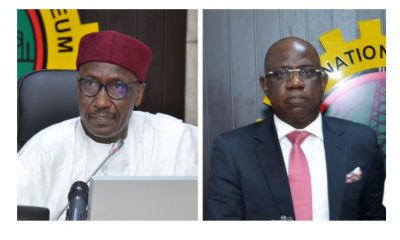
 news3 weeks ago
news3 weeks agoBreaking : TInubu appoints Bashir Ojulari as new CEO group of NNPC and GMD mele kyari get sacked, Says Onanuga
-
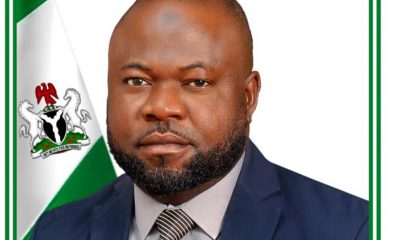
 interview3 weeks ago
interview3 weeks agoNIGERIA MECHANIZED AGRO EXTENSION SERVICE PROJECT, A STRATEGIC MOVE TO ALLEVIATE POVERTY – DR. AMINU ABDULKADIR
-

 news3 weeks ago
news3 weeks agoUpdate : Fubara ordered bombing of Rivers Assembly, I am not under duress I resigned, Says ex-Rivers HoS Nwaeke
-
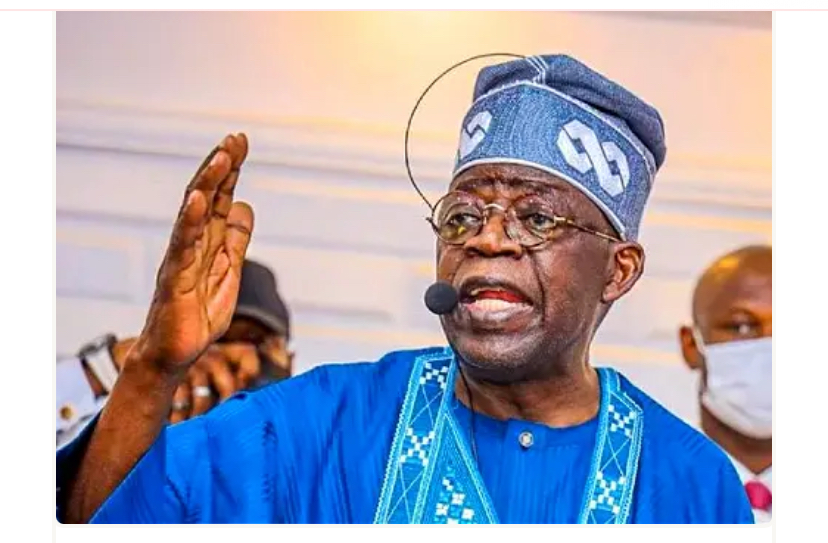
 news1 week ago
news1 week agoNothing new in FBI report on Tinubu, says Onanuga
-

 news3 weeks ago
news3 weeks agoTinubu commended Nandap for her leadership, extends Comptroller-General tenure till 2026, says Onanuga
-

 news2 weeks ago
news2 weeks agoUpdate : FG confirms continuation of crude, refined product sales in Naira initiative, Says Wale Edu


